2 August 2021
Helena Dalli
Komisàrka e EU-aqi vaś o barabaripe
Speech on the occasion of 2 August 2021, Holocaust Memorial Day for Sinti and Roma
Si i trìto var kaj seras o paśaśe dopaś miliòni e Rromenqo aj Sintenqo viktìme e Samudaripnasqe. Akava gin si maj but sar 25% e rromane populaciaqo ande odova vaxt, mudarde kotar o regìmi e nazistenqo ćak odolaqe so on sas verver. Si phares te imaginisares I individuàlo ta i kolektìvo traś ta i dukh akale bidośale viktimenqi. No amen musaj te ovel amen and-e amare ile te zumavas, avdives ta vaś savaxt. Musaj te dikǎras o memòrie ʒivde ta te siklǎras o lèkcie akala tragediaqe e avutne generacianqe. Amen na trebul nivar te keras palpalem akala traśande dośa e nakhlipnasqe. Avdives dav patǐv savorre olenqe so mudardile. Trade kotar jekh racìsto ideologia aj i supremacìa o nazìstǎ malavde sarkones kas on dikhle sar asociàlo ja sar jekh rizìko vaś o regìmi, o Rroma ta o Sinté, o Ʒuta e Evropaqe, o handikapàtǎ, o LGBTIQ, o komunìstǎ ta ʒi k-o zerve-vastenqe manuśa. Isi bibaxt kaj ʒi avdives but cèrra manuśa ʒanen pala akala traśande mudarimàta aj pala sar kerdile on. Aj ʒi avdive but phenen kaj nas Holokaust ja tiknǎren ja bangǎren o historìko fàkte trujal lesθe. Avdives, efta dekàde paleder, o anticiganìzmo, antisemitìzmo aj aver fòrme e xolǎqe vazdinǒn palpalem. Akaja del amen grìźa. O Holokaust sas les jekh baro efèkti p-o Evroputno dostipe. Naśkermiàta, xasarde generàcie ta phagle famìlie kotar o minoritète o biprinʒanipe e dukhaqo so xale o Rroma ta o Sìnte sas xor aj vaś lenqe, o palmukhlipe e Samudaripnasqo sa ʒal vi avdives tal-i fòrma e vakeripnasqi anti-Rroma, o vakeripe e xolǎqo aj o stereotìpe, o anglapatǎmàta ta o avrićhudipe. Traśandilom kana śundom pal-o nevo suro e brutalitetaqo tar i policìa opral jekh rromano themutno. I Evròpa vazdisàili p-i bàza e respektesqi vaś o fundamentàlo hakaja aj i brutalitèta e policiaqi aj i nasul zor mamuj i manuśikani demnitèta nanaj len than ande laθe. O Thema somdasne ta o avtoritète musaj te len zorale àkcie mamuj i brutalitèta e policiaqi ta i etnikani profilizàcia aj te sarbarrǎren kaj labǎrdǒn adekvàto ta bi diskriminaiaqe metòde and-i policìa bi dikhlo i etnikani ja i raciàlo origìna, i seksuàlo orientàcia ja i relìgia aj o patǎpe. I Evròpa musaj te brakhel pe minoritète kotar o racìzmo aj i diskriminàcia. O nakhklo berś sikavdom jekh plàno 10 berśenqo te barǎras o baraparipen e Rromenqo avere ʒenença e dostipnasqe, i sociàlo aj ekonomìko inklùzia aj o kotorlipe k-o politikano, sociàlo, ekonomìko aj kulturàlo ʒivipe. O Sombeś e Evroputne Uniaqo gelo maj dur aj adoptisarda and-o Mars akava berś jekh rekomandàcia pal-o barabaripe e Rromenqo, lenqi inklùzia ta kotorlipe ande sa o Thema somdasne, mothovindoj palpalem amari angaźacia te maras amen efikas mamuj i diskriminàcia mamuj o Rroma ta te vazdas i inklùzia e Rromenqi ande umala klidi e śkoluipnasqi, butǎripnasqi, sastǎripnasqi aj kheripnasqi. Me patǎv kaj akala butǎ ka den amen dumo te paruvas vareso kotar o purane bangimàta, i diskriminàcia aj i eksklùzia e Rromenqi. I komìsia tordǒl vi aj marel pes vi mamuj o racìzmo prdal laqo plàno e akciaqo mamuj o racìzmo 2020-2025 aj akhardeom sa o Thema somdasne te thoven andre o anticiganìzmo sar jekh sepcifìko fòrma e racizmesqi kana implementisaren o àkcie prezentome ande akava plàno. Ka dikhav vi te buxlǎrav i lìsta e EU-aqe infrakcienqi te astarel vi sa o fòrme e xolǎqe krimenqe ta xolǎqe vakeripnasqe, tov p-i bàza e racaqi, e religiaqi, e źanresqi ja e seksualitetaqi. Ka labǎrav sa o posìbilo labne so si man and-i dispozìcia te sarbarrǎrav kaj o Evroputno dostipe si barabar, manuśikano aj fer savorrenqe. Amen musaj te siklǒvas kotar o nakhlipe te garantuinas jekh fededer akanutnipe ta avutnipe. Te sarbarrǎras kaj o dukhavipe e Sintenqo aj e Rromenqo viktìme e Samudaripnasqe naj xasardo ande akava ja o avutne generàcie aj te vazdas jekh fededer avutnipe savorrenqe.
This figure represents more than a quarter of the roma population at the time, murdered by the Nazi-led regime for no other reason than their being different. It is hard to imagine the individual and collective fear, pain and suffering of these innocent victims, but we must have it in our hearts to try. Today and forever we must keep the memories alive and teach the lessons of this tragedy to the next generations. We must never repeat these atrocities of the past.
Today I pay tribute to all of those who perished, driven by a racist ideology and supremacy. The nazis targeted anyone they viewed as asocial or a risk to the regime. The Roma and Sinti people, the European jews, persons with disabilities, LGBTIQ-people, communists and even left-handed people.
It is regrettable, that to this day too few know about these terrible atrocities and how they were executed. And even now, many deny the holocaust ever happened or minimize and distort the historical facts around it.
Today, seven decades on anti-gypsyism anti-semitism and other forms of hatred and racism are on the rise once more. This is of great concern. The holocaust had a deep effect on European society displacements lost generations and broken families from minority communities. The lack of recognition of roma and tinti suffering has been profound and for them the legacy of the Holocaust continues today in the form of anti-roma rhetoric, hate speech and stereotypes, prejudices and exclusion.
I was horrified to learn about the recent case of police brutality against a roma citizen. Europe is built on the respect for fundamental rights and police brutality and violence against human dignity have no place within it. Member states and authorities must take firm action against police brutality and ethnic profiling and ensure that adequate and non-discriminatory police methods are applied, regardless of the ethnic or racial origin, sexual orientation or religion and belief. Europe must protect its minorities from racism and discrimination.
Last year i presented a 10-year plan to advance roma equality with all other members of society, social and economic inclusion and participation to political, social, economic and cultural life. The council of the european union followed up on this and adopted in March this year. A recommendation on roma equality inclusion and participation in all member states reaffirming our commitment to effectively fight discrimination against roma people and to promote roma inclusion in the key areas of education, employment, health and housing.
I am confident that these steps will help us to tackle the long-standing injustices discrimination and exclusion of the roma people. The commission is also stepping up the fight against racism through an anti-racism action plan for 2020-2025 and i have called on member states to include antigypsyism as a specific form of racism when implementing the actions presented in this plan. I will also look at expanding the list of EU crimes to all forms of hate crime and hate speech. Whether because of race, religion, gender or sexuality.
I will use all possible means at my disposal to ensure that European society is equal, humane and fair for all. We must learn from the past to guarantee a better present and future. Let us make sure, that the suffering of the Sinti and Roma Holocaust-victims is not lost on this or future generations and let us build a better future for all.
Biographie
Helena Dalli is the first EU Commissioner for Equality since December 2019. Her role is to deliver on the Union of Equality chapter within the Political Guidelines of President von der Leyen, by strengthening Europe’s commitment to equality and inclusion in all of its senses.
Prior to taking her role as Commissioner, Dalli held various political roles in Malta including Member of Parliament (1996 to 2019), Minister for European Affairs and Equality (2017 to 2019), and Minister for Social Dialogue, Consumer Affairs and Civil Liberties (2013-2017). She was also opposition Shadow Minister for public administration, equality, public broadcasting and national investments (1998-2013) and Junior Minister for Women’s Rights in the Office of Prime Minister (1996-1998). Dalli holds a PhD in Political Sociology from the University of Nottingham, and lectured in Economic and Political Sociology, Public Policy, and Sociology of Law at the University of Malta.
Statements 2021
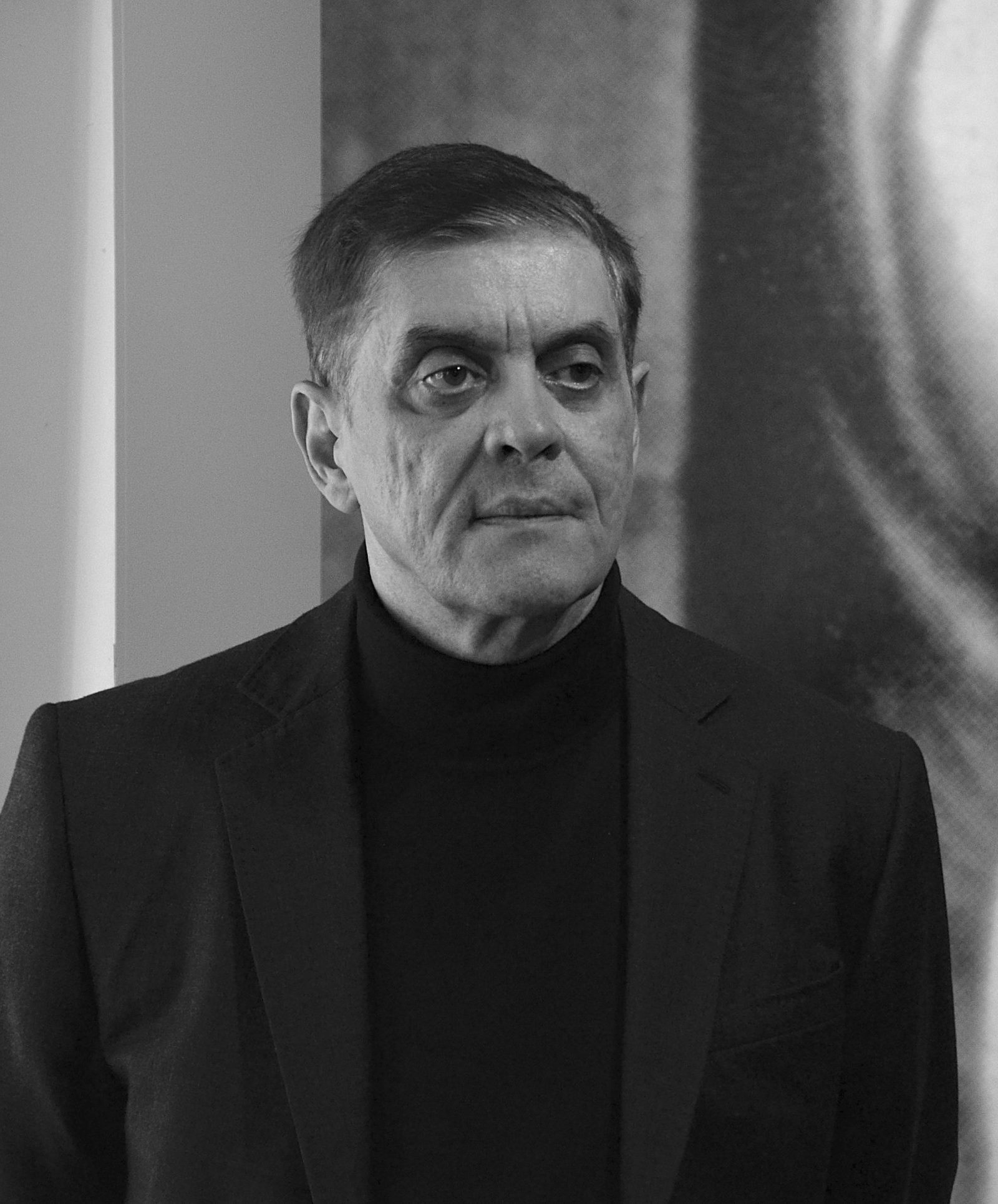
Romani Rose
Śerutno e Centralone Sombeśesqo e Germanikane Sintenqo aj Rromenqo

Katarina Barley
Vice President of the European Parliament

Helena Dalli
Komisàrka e EU-aqi vaś o barabaripe
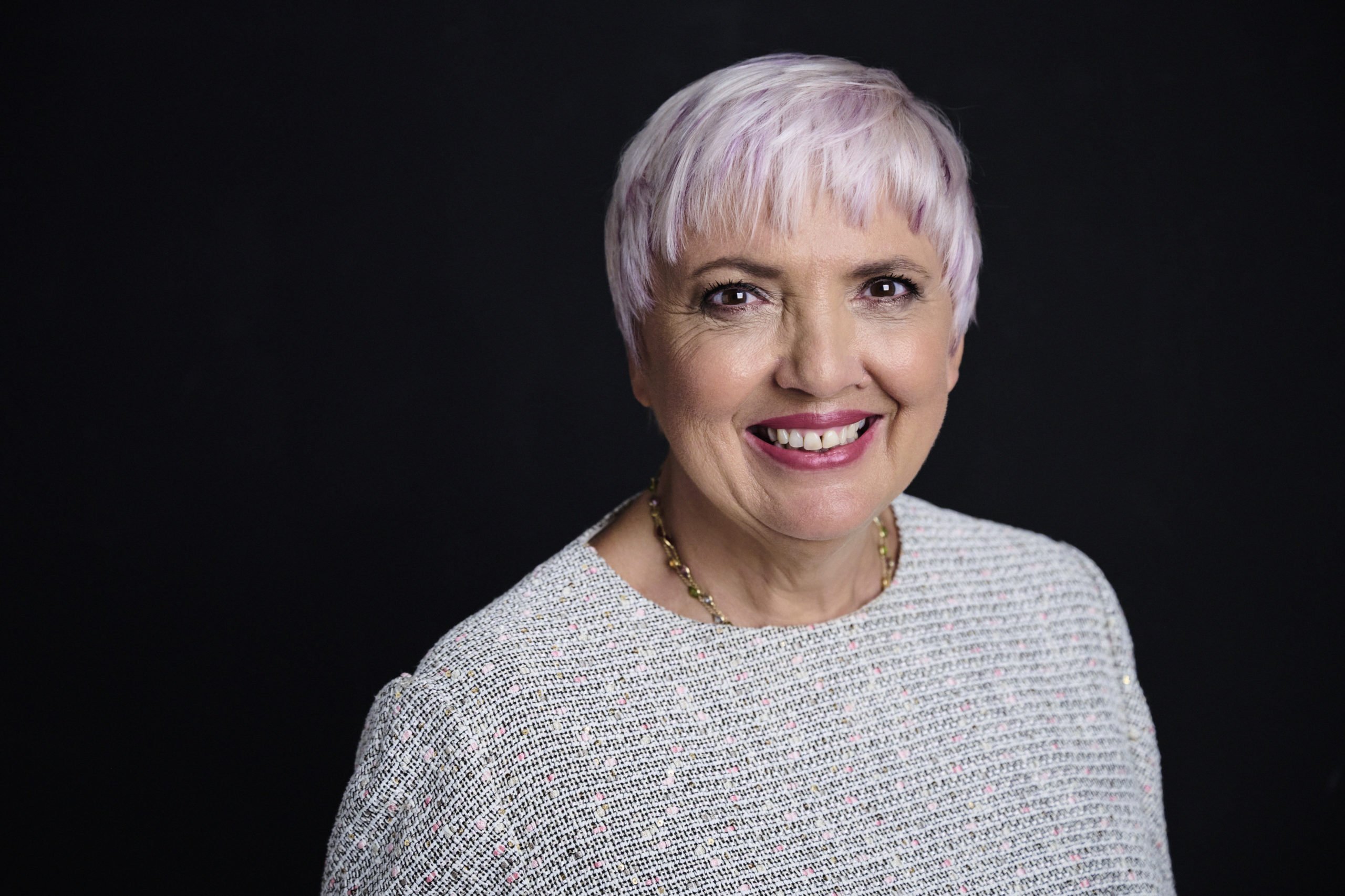
Claudia Roth
Vice President of the German Bundestag
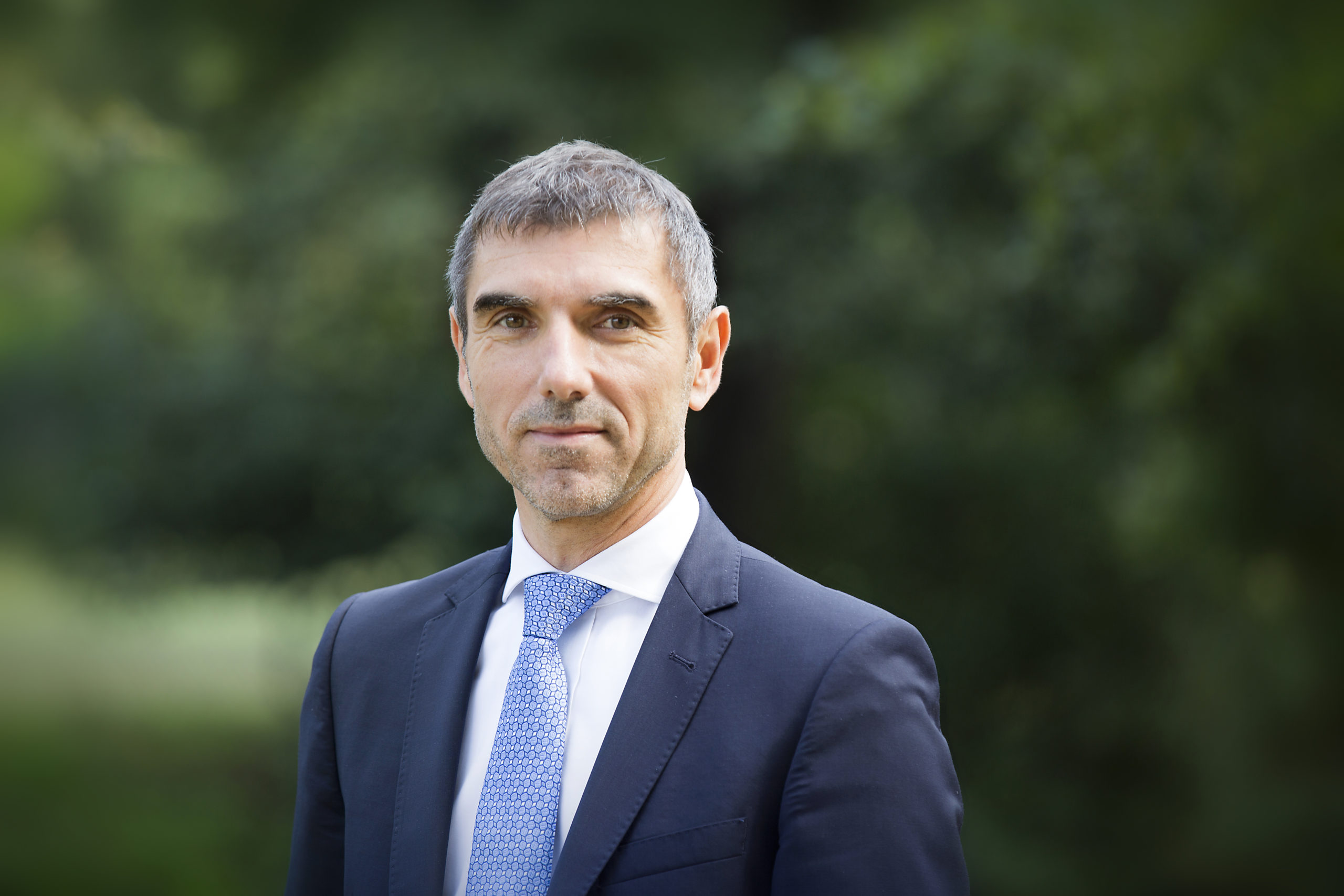
Paul Blokhuis
Dutch State Secretary Paul Blokhuis
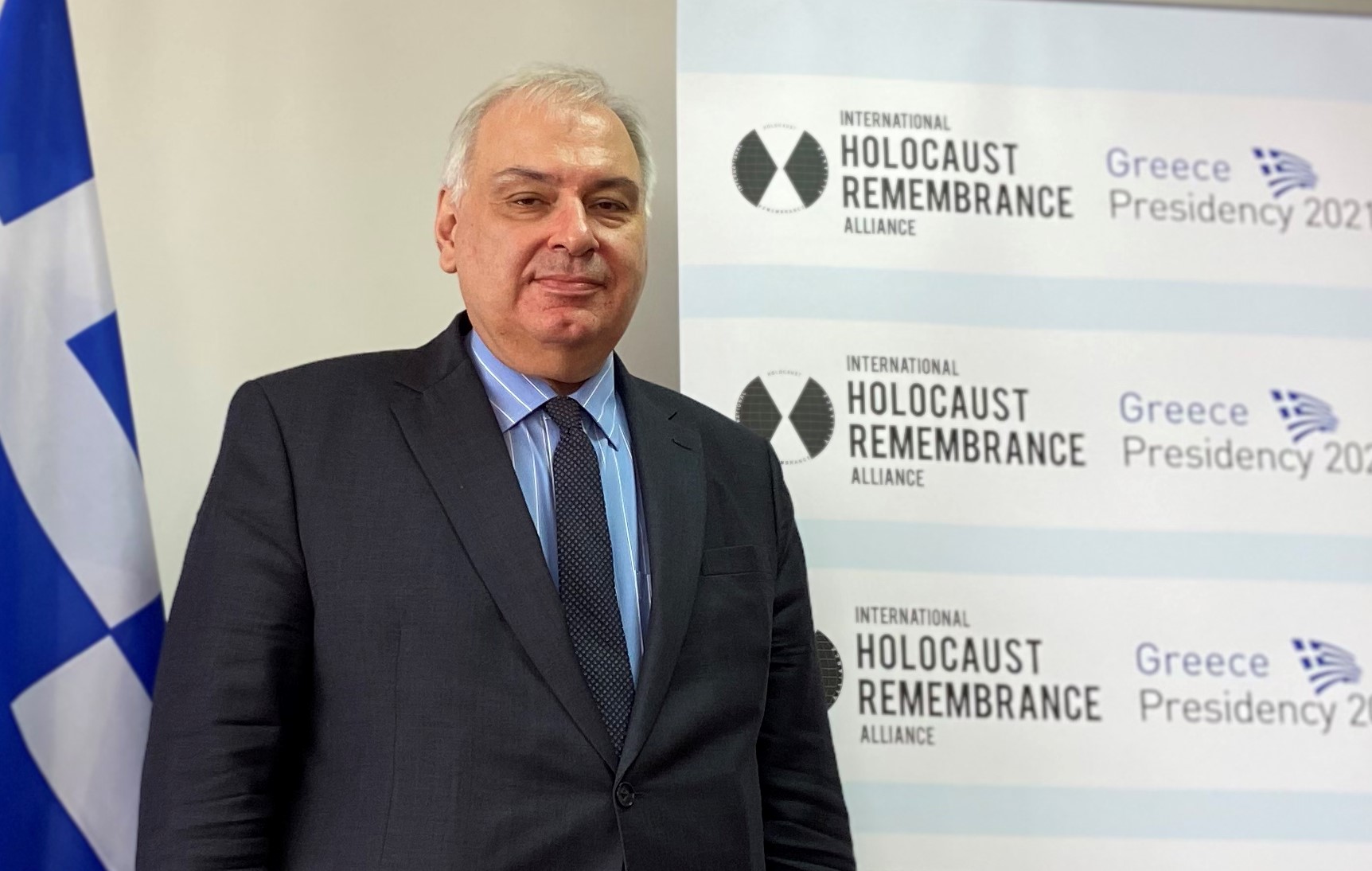
Chris J. Lazaris
Amb. Chris J. Lazaris, IHRA Chairman
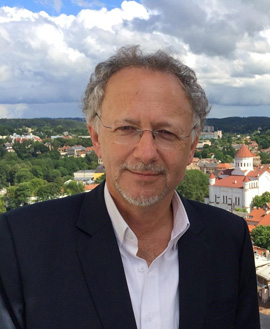
Fernand des Varennes
UN Special Rapporteur UN minorities
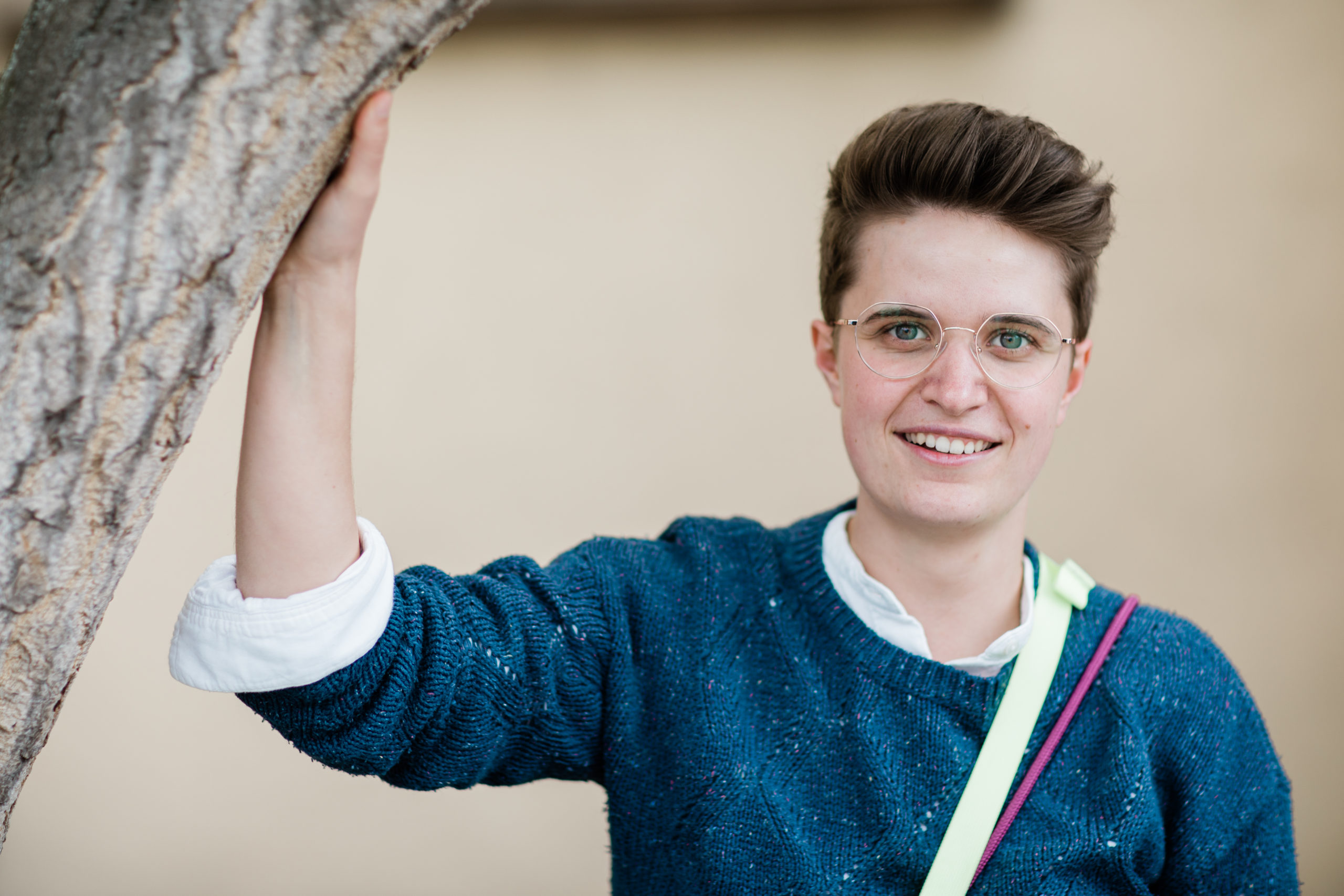
Anna-Nicole Heinrich
President of the Synod of the Evangelical Church in Germany (EKD)

Justin Trudeau
Prime Minister of Canada
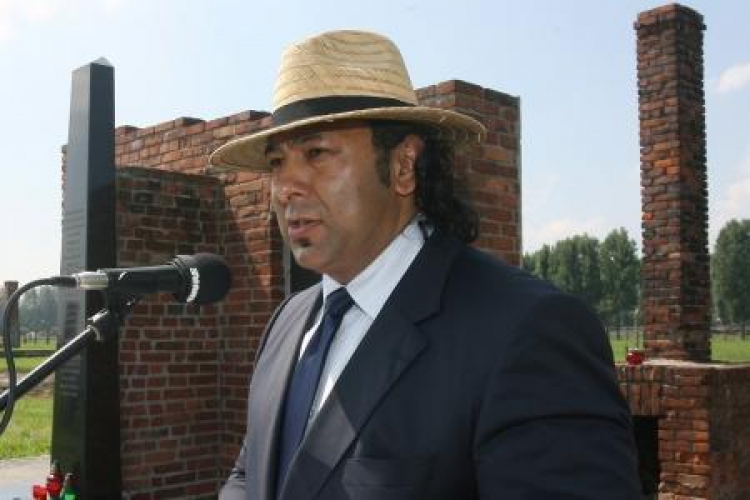
Roman Kwiatkowski
Chairman of the Association of Roma in Poland
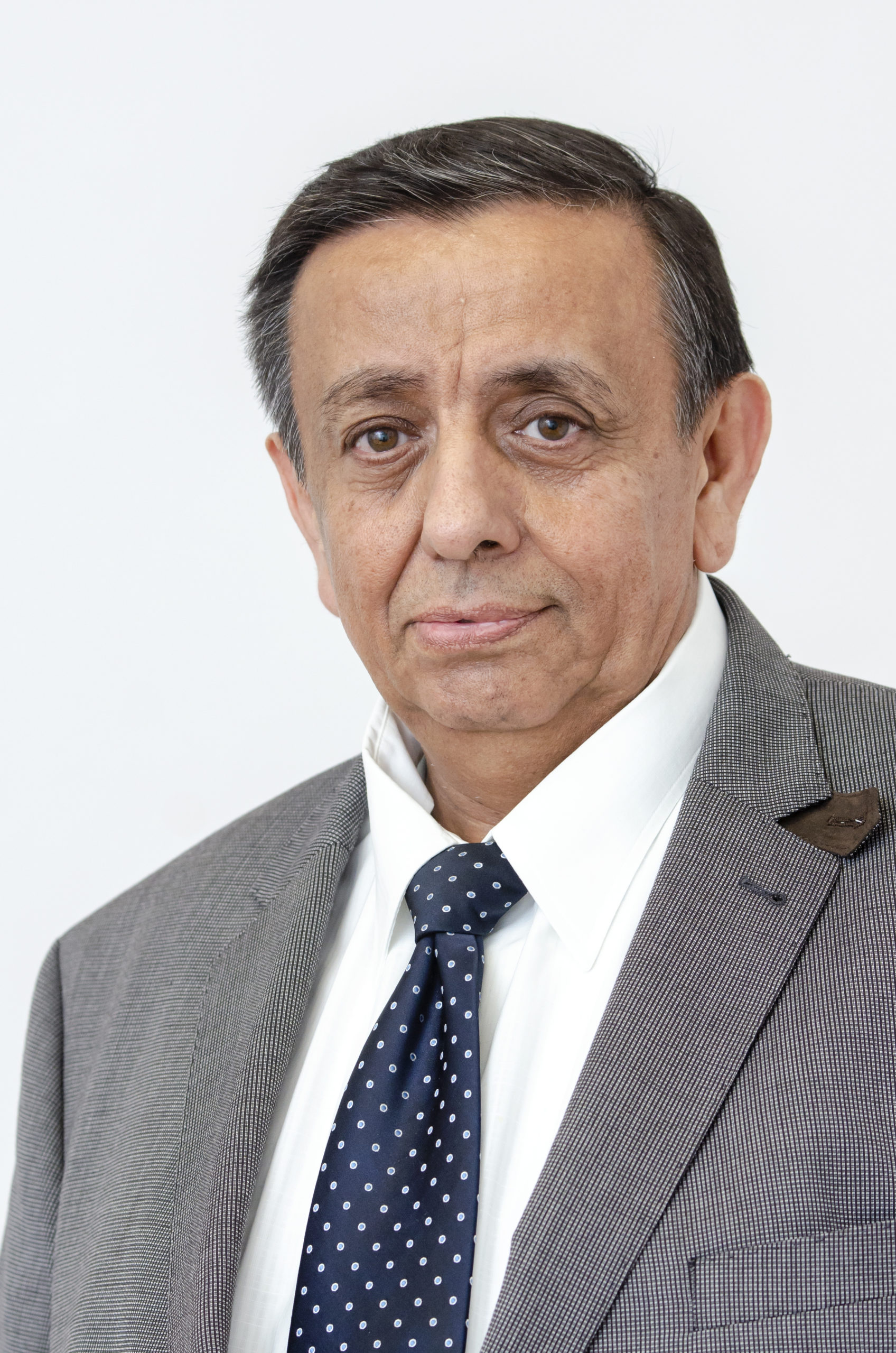
Erich Schneeberger
Deputy Chairman of the Documentation and Cultural Center of German Sinti and Roma and Chairman of the Association of German Sinti and Roma

Timea Junghaus
Executive Director
European Roma Institute for Arts and Culture (ERIAC)
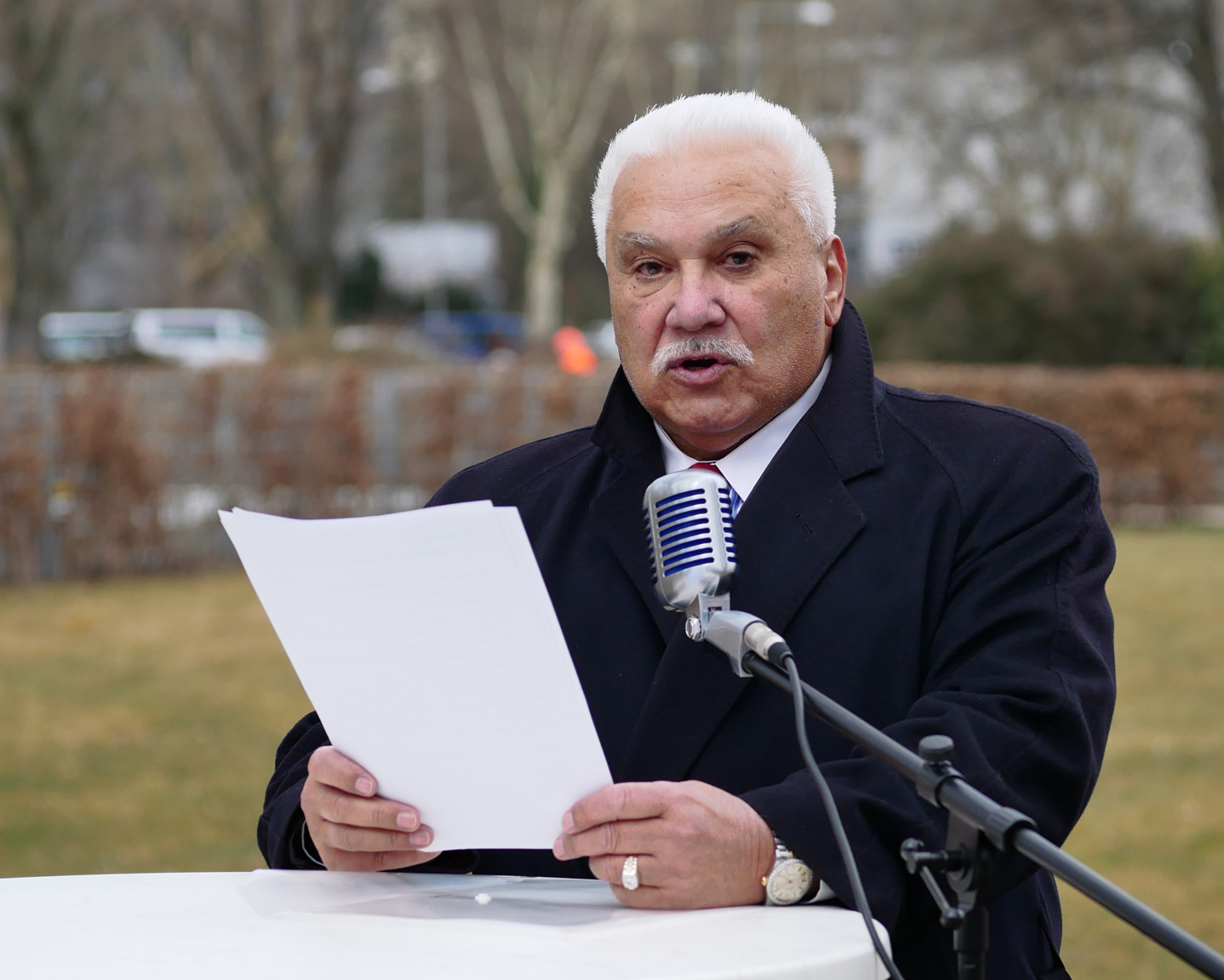
Adam Strauß
Chairman of the Council of German Sinti and Roma in Hesse

Manon Aubry
Manon Aubry, MEP
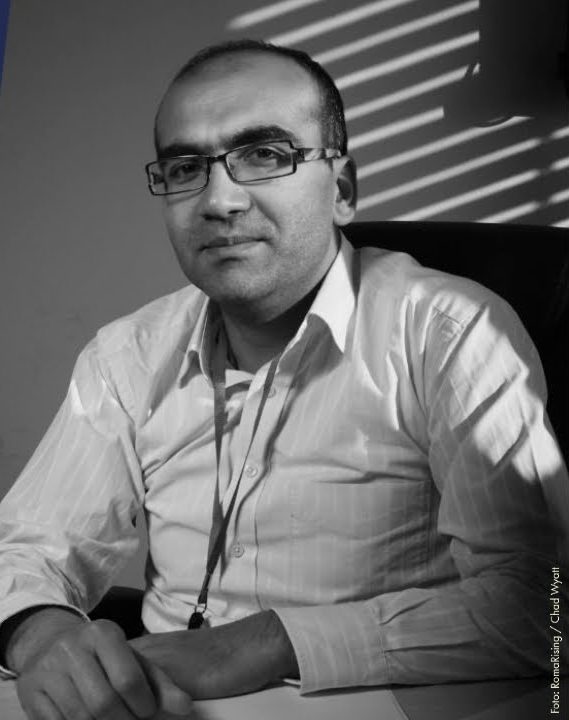
Adrian-Nicolae Furtuna
Historian at the University of Bucharest
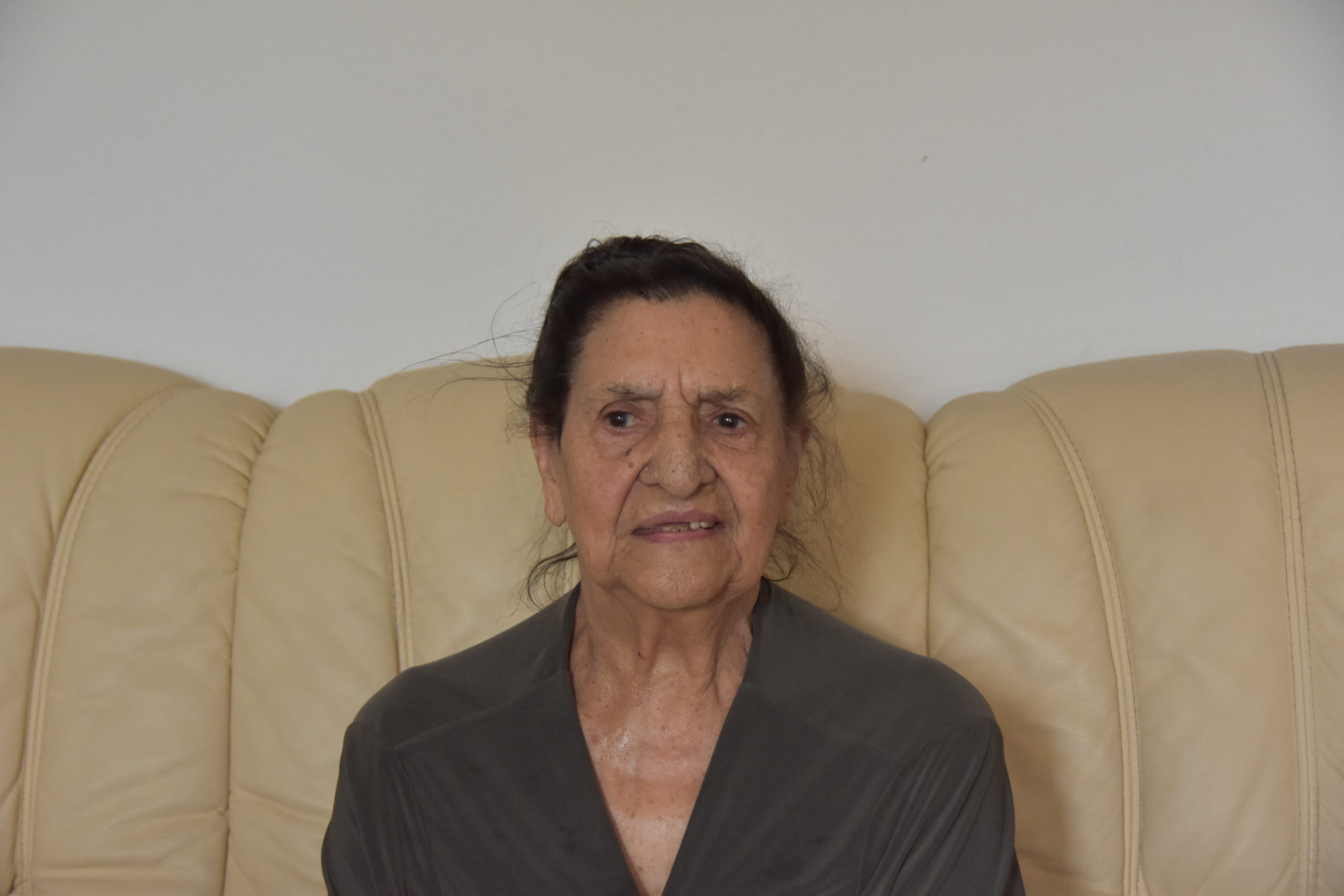
Philomena Franz
Holocaust Survivor

Angelina Kappler
German former Weinkönigin
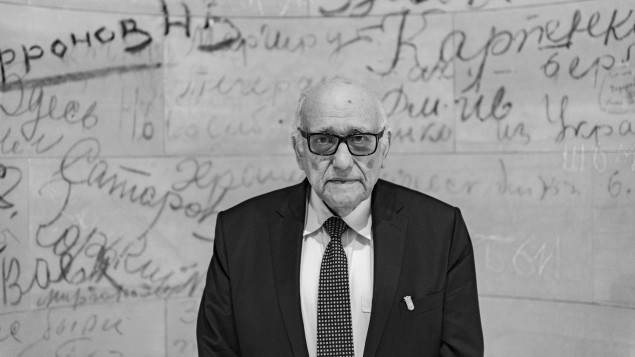
Marian Kalwary
Chairman of the Association of Jews,
Survivors and Victims of the Second World War
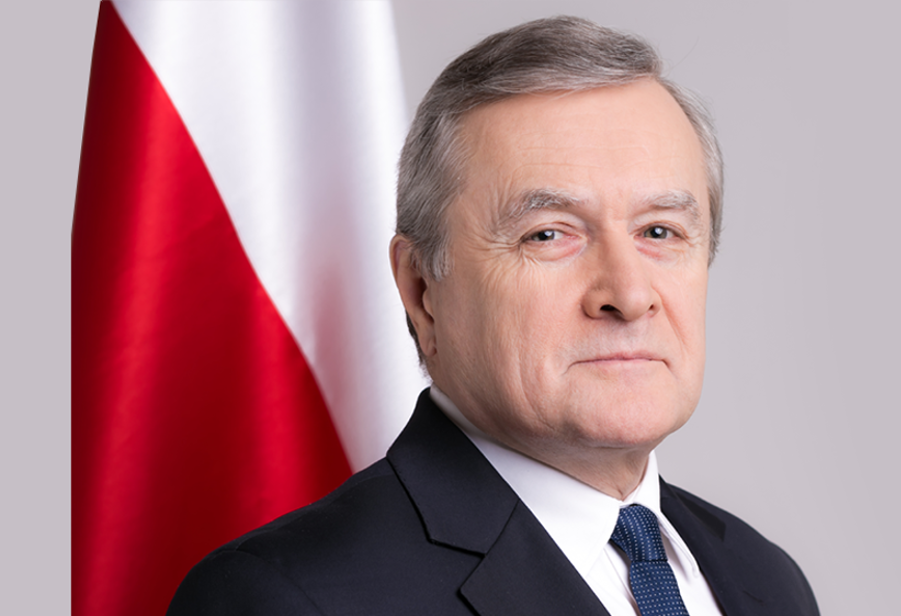
Piotr Gliński
First Deputy Prime Minister and the Minister of Culture and National Heritage of Poland
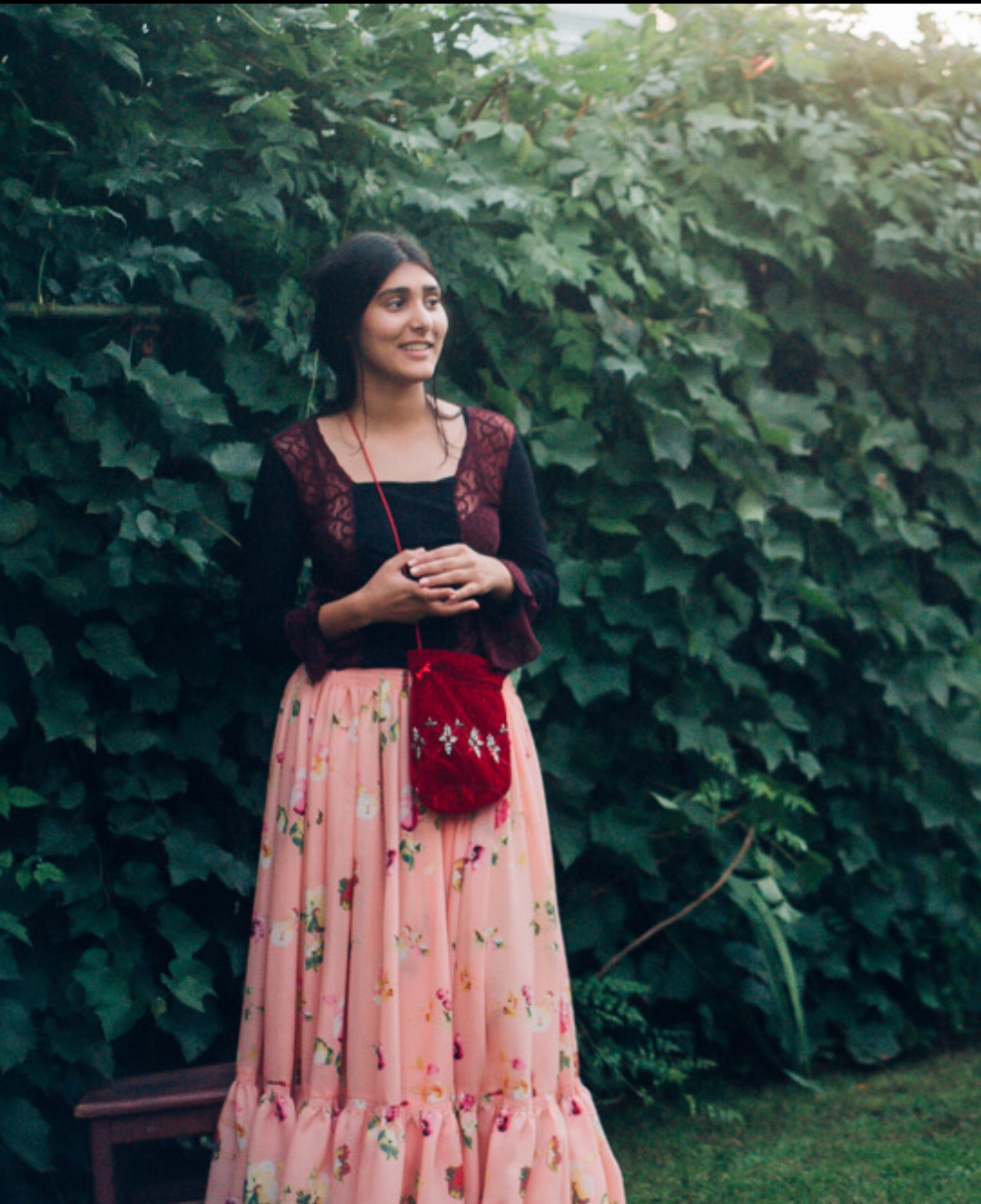
Izabela Tiberiade
Young Activist from Sweden

Ursula Krechel
Writer
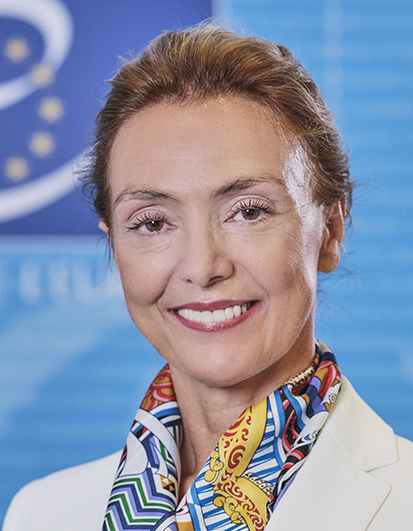
Marija Pejčinović Burić
Generàlo Sekretàra e Evropesqe Sombeśesqi
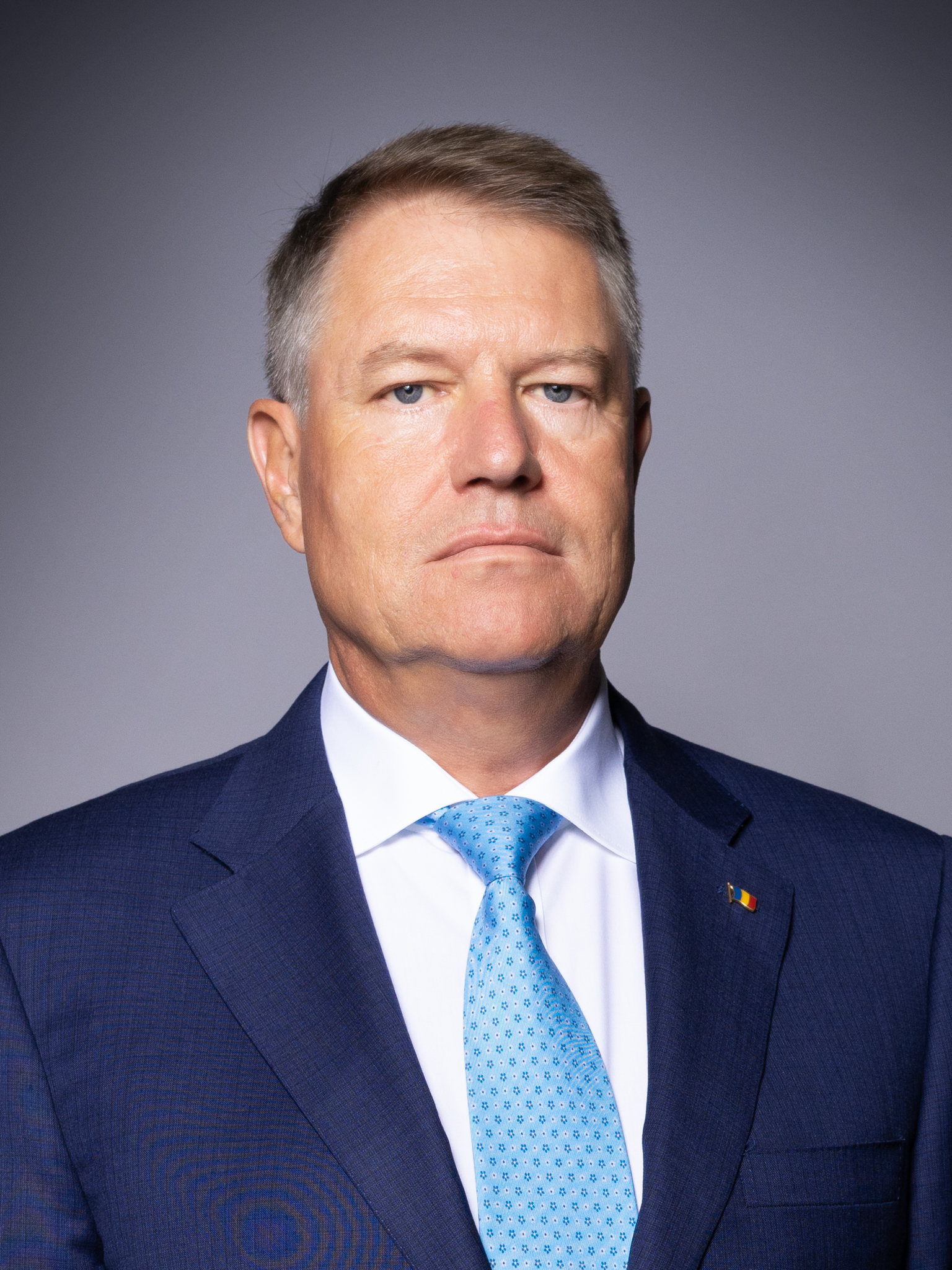
Klaus Iohannis
Prezidènti e Rumaniaqo










